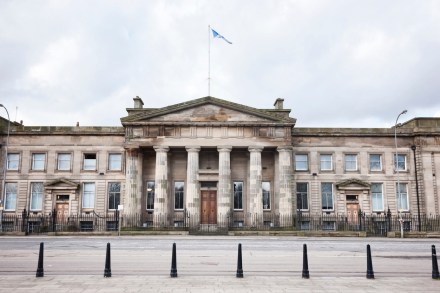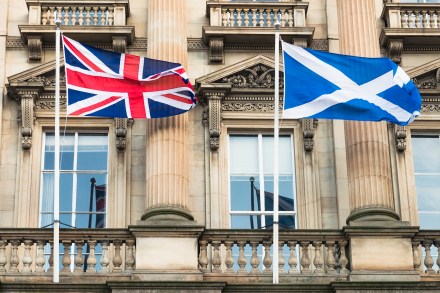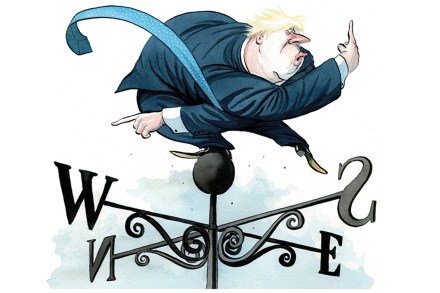Bridge | 28 November 2020
Each November, Paula Leslie organises the Young Chelsea Women’s Teams — a fantastic event, attracting many of Europe’s best players to London. It was a shame it had to be held online this year — but I must say there was something rather magical about competing on ‘Realbridge’ with video streaming and sound. How extraordinary to be playing against women from a range of countries — Poland, Norway, Sweden, Serbia, Denmark, France — and to see them in their own homes, sipping coffee, puffing on cigarettes, even slurping noisily from a bowl of soup (as a nice woman from Wales did). Eight months ago the idea would have seemed outlandish.






















